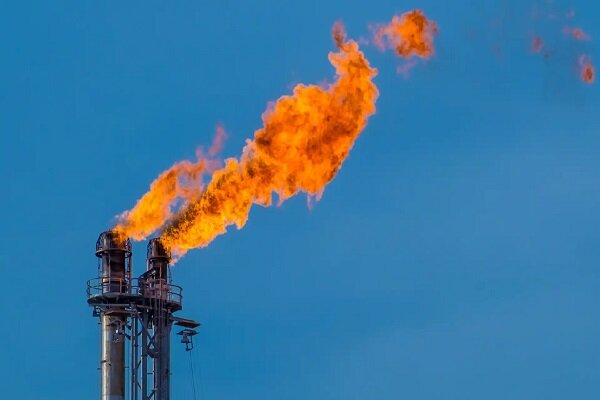
Similar Posts
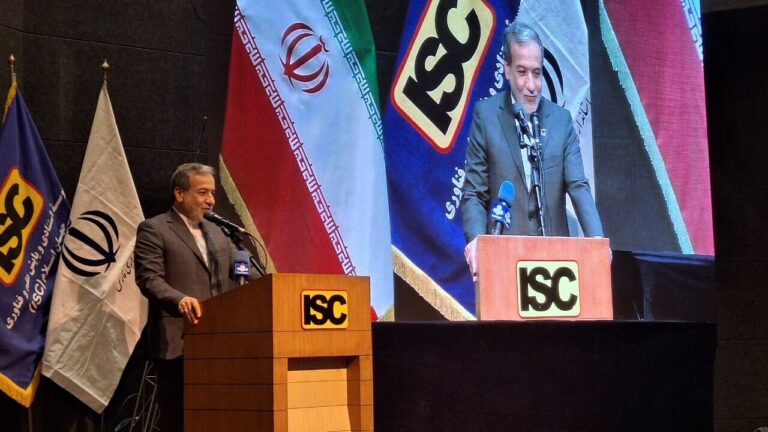
Iran’s Foreign Minister: Evading Sanctions Enhances Tehran’s Negotiating Strength
At a recent conference in Shiraz, Iranian officials, led by Abbas Araghchi, emphasized the significance of economic diplomacy and good neighborliness in fostering commercial relationships amidst ongoing sanctions. Araghchi outlined the Foreign Ministry’s role in supporting Iranian businesses by identifying non-sanctioned trade opportunities and countering economic restrictions. He asserted that U.S. sanctions have not succeeded in undermining the resilience of the Iranian people, noting that the U.S. has acknowledged there are no new sanctions to impose. The conference aimed to enhance trade relations and explore new markets, highlighting Iran’s strategy to strengthen economic diplomacy and overcome external challenges.
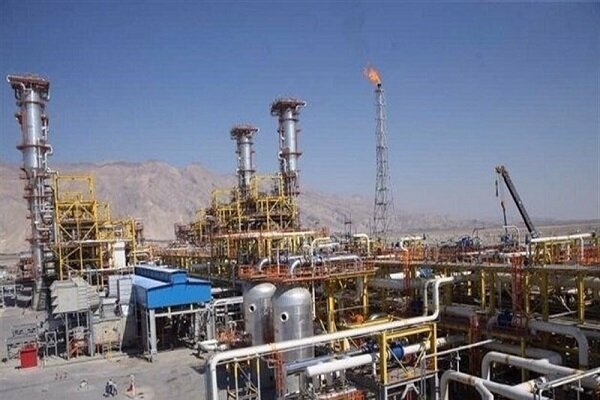
Iran Boosts Gasoline Production by 10% in Just 3 Months: A Surge in Energy Output!
Recent data from the National Iranian Oil Products Distribution Company (NIOPDC) indicates a significant increase in Iran’s gasoline production, averaging 107 million liters per day as of late December, up from 97.5 million liters. Key refinery projects in Isfahan, Arak, and Bandar Abbas contributed to this rise, with the Shazand refinery and Persian Gulf Star refinery each adding 3.3 million liters daily. Additionally, gasoil production rose by 11 million liters. However, Iran faces challenges with fuel smuggling, estimated at 20-30 million liters daily, impacting revenue and economic stability. The government is exploring strategies to address these issues.
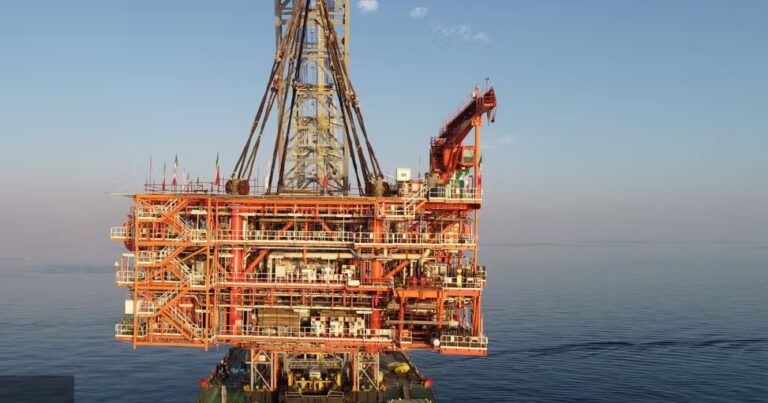
Iranian Official: Strengthening US Relations Crucial for Oil and Gas Industry Growth
Iran urgently needs $200 to $250 billion in investment to stabilize its oil and gas sectors, as emphasized by Arash Najafi from the Chamber of Commerce. International sanctions have hindered access to advanced technologies, critical for modernizing production. Najafi highlighted the necessity for investment in energy transmission, infrastructure, and technological advancements to utilize Iran’s resources effectively. With ongoing U.S.-Iran negotiations potentially impacting sanctions, there is cautious optimism for improved relations, which could attract multinational investments. Revitalizing the energy sector could stabilize Iran’s economy and reestablish its position in the global energy market.
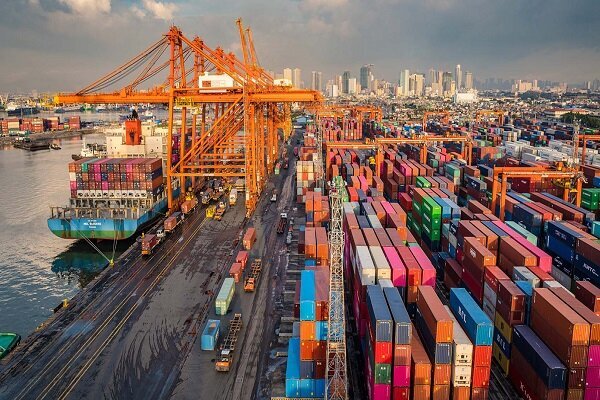
Iran’s Foreign Trade Soars to $130 Billion in 2024, Reports IRICA
Iran’s non-oil trade reached $130.2 billion for the calendar year ending March 20, 2025, marking an 11.39% increase from the previous year, according to the Islamic Republic of Iran Customs Administration (IRICA). The volume of non-oil trade stood at 191.2 million tons, up 7.63%. Key exports included over $6 billion in petrochemicals and more than $3 billion in natural gas. Major markets for Iranian goods included China, Iraq, the UAE, Turkey, Pakistan, Afghanistan, and India. This growth highlights Iran’s resilience and strategic efforts to diversify its economy and enhance its global trade relationships.
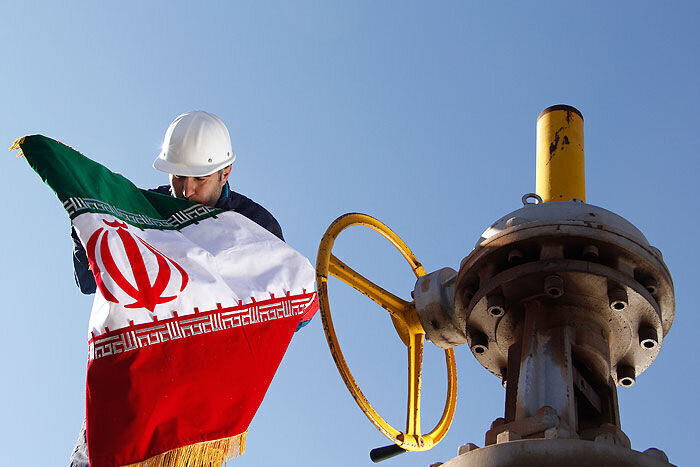
Iran’s Diplomatic Strategy: Beyond Nuclear Talks and Expanding Global Engagement
Abbas Golroo, head of Iran’s Parliament’s National Security and Foreign Policy Commission, recently discussed Iran’s diplomatic efforts, particularly with neighboring countries and indirect negotiations with the U.S. He emphasized the complexity of diplomacy, stating that it involves multiple fronts, including ongoing Oman negotiations. Golroo highlighted the importance of fostering regional relationships through recent diplomatic visits and signing bilateral agreements to boost trade. He expressed hope that improved ties would lead to regional growth, stability, and peace. Overall, his insights reflect a proactive approach to diplomacy aimed at enhancing Iran’s global standing and regional cooperation.
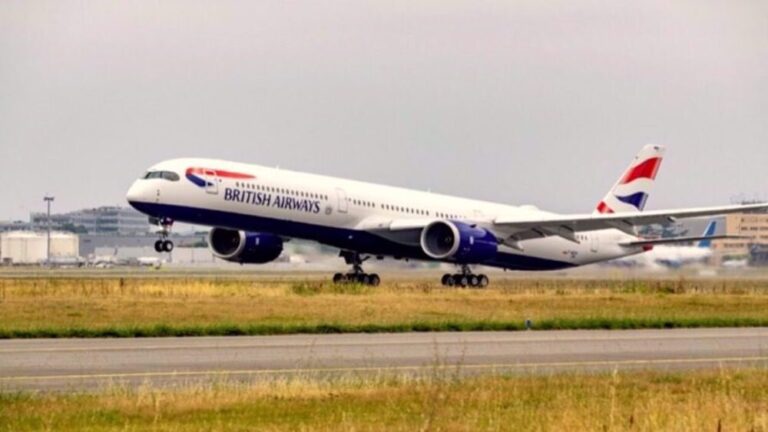
British Airways Extends Israel Flight Suspension Until August: What Travelers Need to Know
British Airways has extended its flight cancellations to and from Israel until July 31 due to ongoing security concerns following a missile attack near Ben Gurion International Airport. This decision aims to ensure the safety of passengers and crew, with the next available flights set for August 1. The airline has informed affected passengers and offered options for rescheduling or refunds. Other international airlines have also suspended flights to the region, reflecting widespread safety concerns. Travelers are encouraged to stay updated through official channels as the situation continues to evolve and monitor for alternative arrangements if necessary.